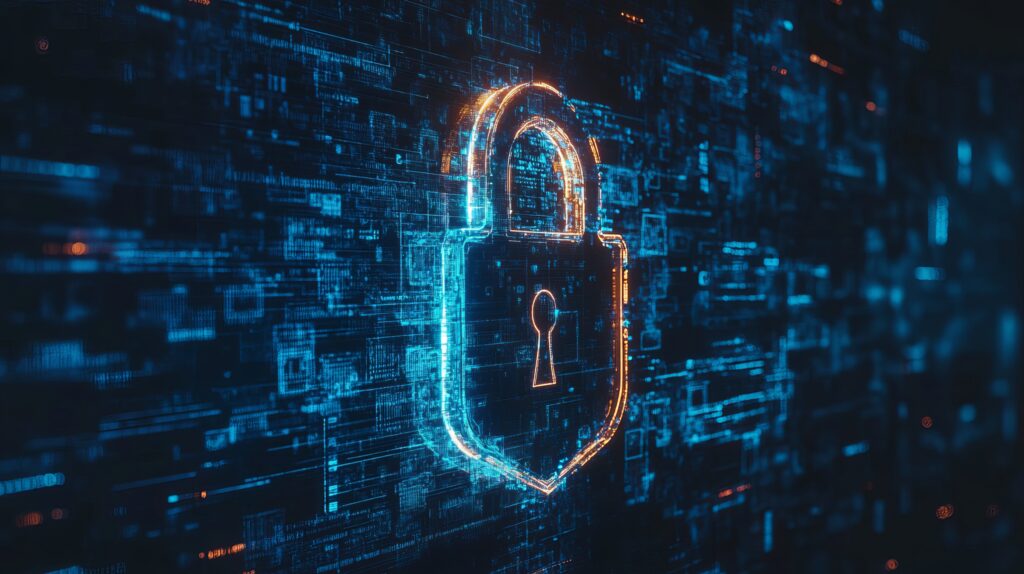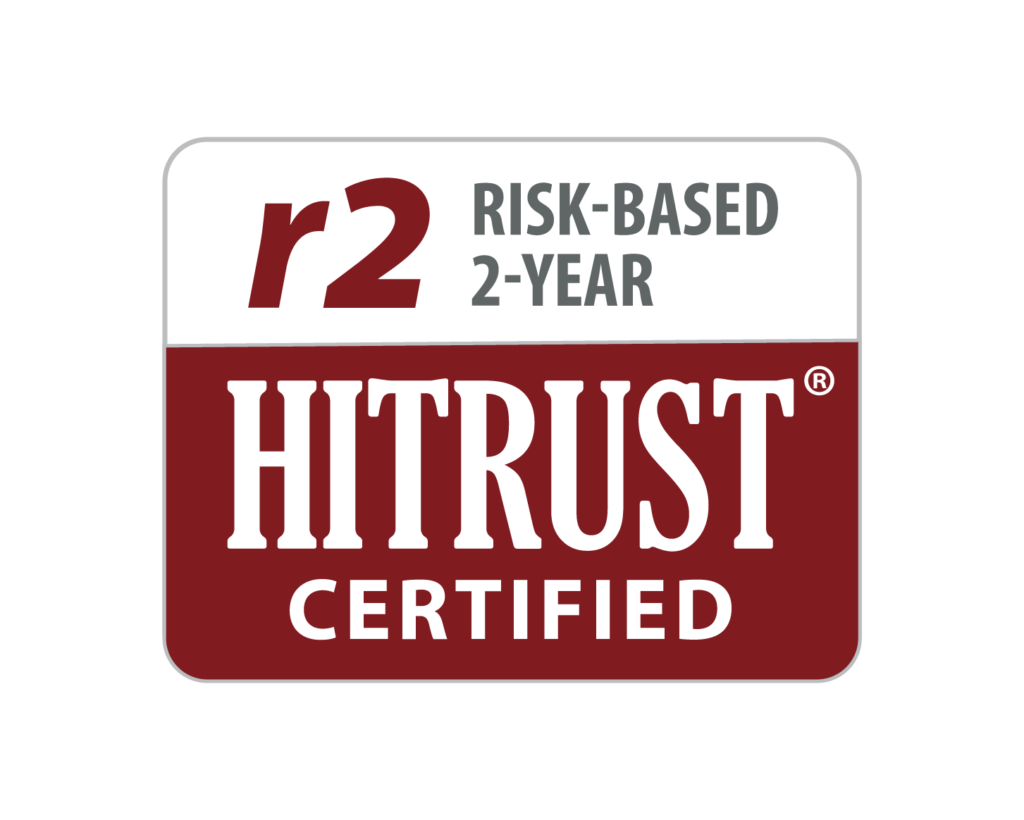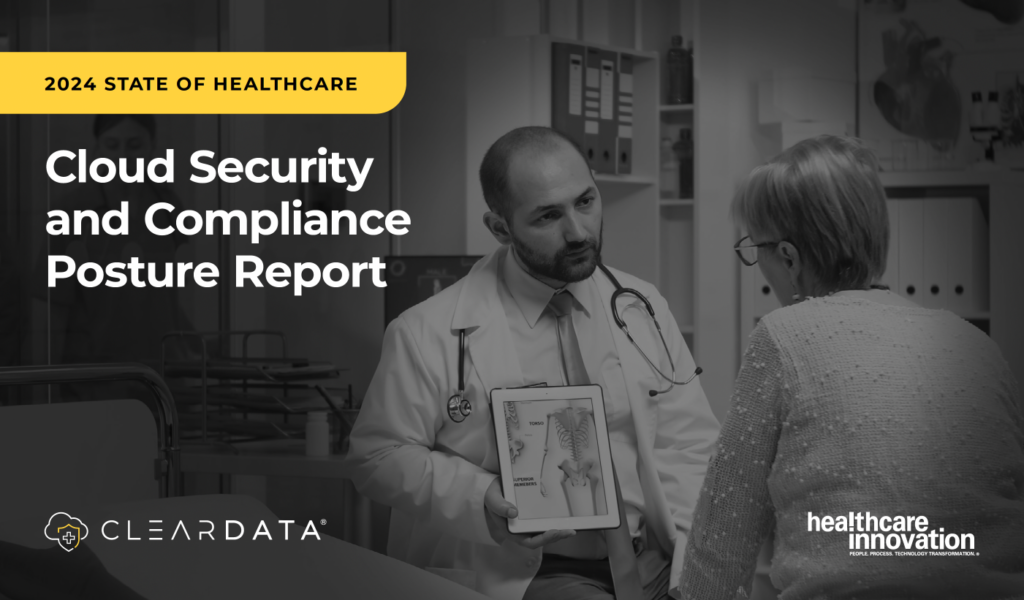Apple-Google effort not a panacea for contact tracing
Originally published to MedCity News on May 14, 2020 by ELISE REUTER
Apple and Google are rolling out a framework for local governments to develop contact tracing apps. But epidemiologists say apps alone won’t be enough.
“In the middle of this pandemic, we are building our wings after we have all jumped off the cliff,” said Dr. Karen DeSalvo, a former health IT official and Google’s new chief health officer said at at the World Medical Innovation Forum, a virtual event hosted by Panders Healthcare on Monday.
She was describing the company’s latest effort to build a contact tracing framework with competitor Apple. Two months into the Covid-19 pandemic, many parts of the U.S. response are still a work in progress. As with testing and stay-at-home orders, states are putting together fragmented responses to contact tracing. California and New York are planning to train thousands of people to do the time-consuming work of contact tracing. Other states, such as North Dakota and South Dakota, are turning to apps that use location data to help people track if they might have been exposed.
With this hodgepodge of approaches, Apple and Google hope to create a framework for widespread contact tracing. But even if these digital tools do manage to gain enough people’s trust – and they have attempted to soothe privacy concerns with the details of their API – they simply can’t be effective enough on their own.
Getting people to opt in
The biggest obstacle to widespread digital contact tracing will be convincing enough people to opt in for it to be effective. According to a poll conducted by the Washington Post and the University of Maryland, about half of smartphone users said they would not be willing to opt in to the system designed by Apple and Google. Equally important — only 82% of the survey respondents had smartphones at all.
“The people we’re dealing with are on the other side of the digital divide. Lots of people are using the same phone,” said George Rutherford, an epidemiologist with the University of California San Francisco, who is helping train an army of 10,000 contact tracers in conjunction with the California Department of Public Health. “It’s not quite the same Singaporean model where everyone has their own phone. I just don’t see that happening in our system.”
The system proposed by Apple and Google would use a Bluetooth low energy-based system to let people know if they had been less than six feet away from someone who had tested positive for Covid-19.


